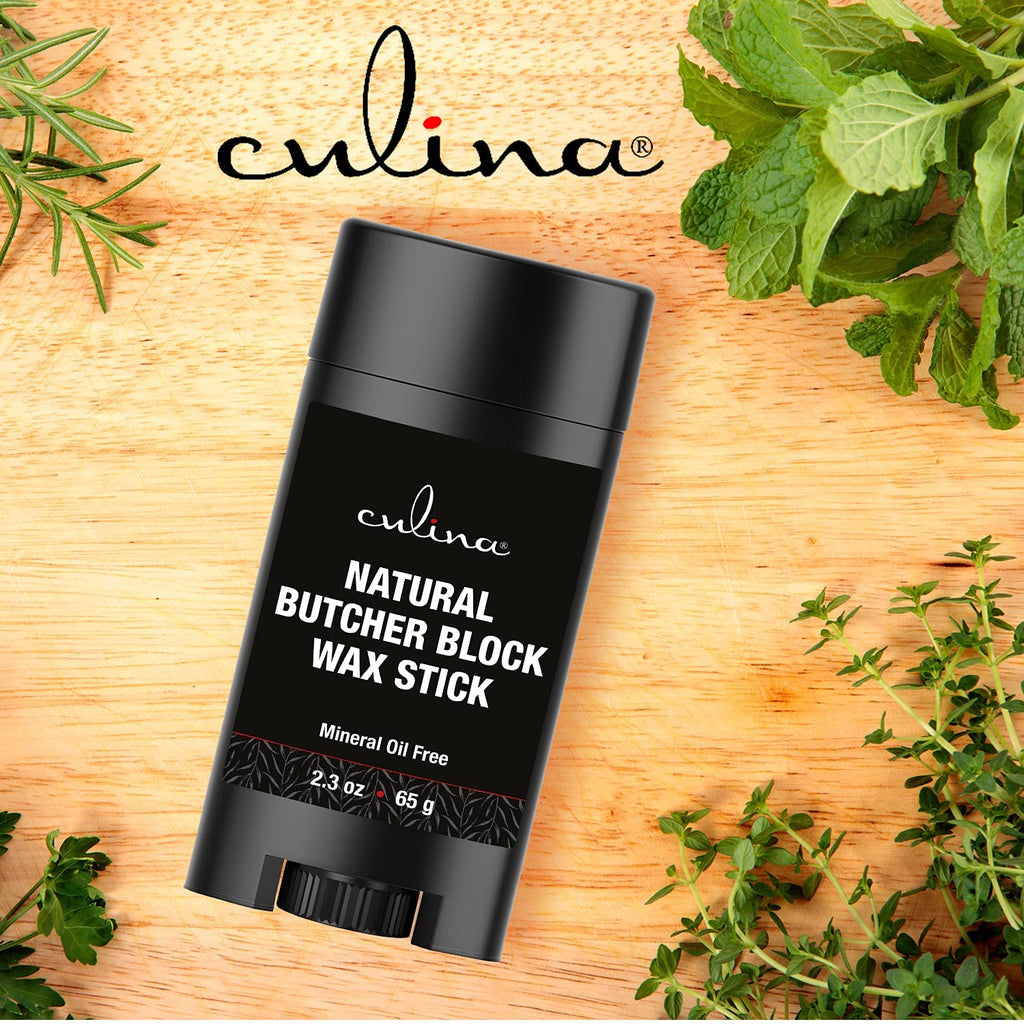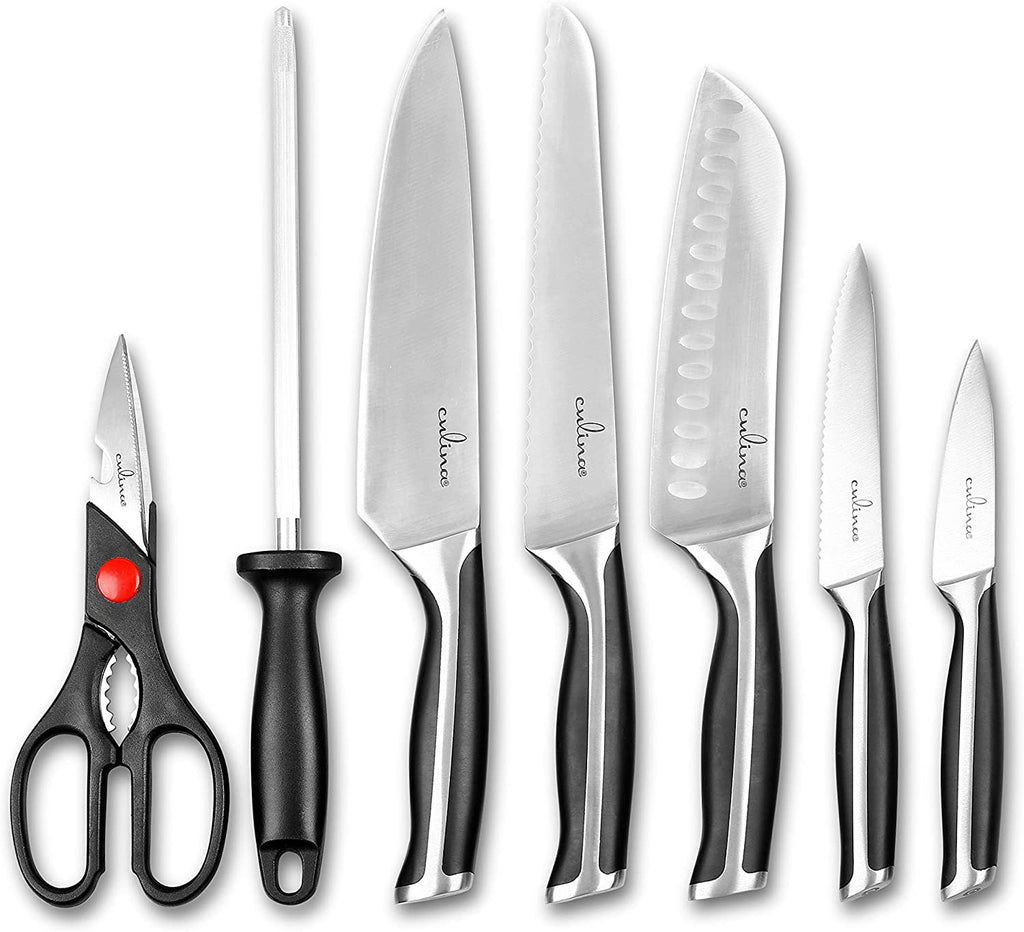What Can Be Used as Meat Tenderizer? Surprising Solutions for Meaty Masterpieces
Written By James Morgan
For barbecue enthusiasts, tender meat is the gold standard. But how do you achieve that tender, melt-in-your-mouth texture? The keyword what can be used as meat tenderizer holds the secret to this culinary quest. In this article, we'll delve deep into various methods and agents that can transform any tough cut into a succulent delight.

Understanding Meat Tenderizers
Before diving into the specifics of what can be used as meat tenderizer, its important to understand the science behind it. Meat tenderizers work by breaking down the proteins in the meat, making the fibers softer and more palatable.
Enzymatic Tenderizers
One of the most common types of tenderizers are enzymatic tenderizers. These include natural agents like papaya and pineapple, which contain the enzymes papain and bromelain, respectively. These enzymes break down muscle fibers and collagen, leading to a much softer texture.
Read more about enzymatic tenderizers here.
Acidic Marinades
Acids are another powerful agent in meat tenderization. Simple ingredients like vinegar, lemon juice, and even yogurt can be used to marinate meat. The acids in these ingredients break down the proteins, rendering the meat tender and juicy. For an exhaustive list of various marinades, you might want to check out this guide on tenderizing steak.

Household Ingredients That Double as Tenderizers
Baking Soda
Baking soda is a versatile ingredient that does more than just make your baked goods rise. When applied to meat, it raises the pH level, making it more difficult for proteins to bond. This results in a tender texture.
For a practical how-to guide, consider reading how to use baking soda.
Alcohol
Alcohol, particularly wine and beer, can also be used as a meat tenderizer. The alcohol breaks down muscle fibers and adds both tenderness and unique flavors.

Commercial Meat Tenderizers
Commercial products are always an option for quick and consistent results. McCormick's unseasoned meat tenderizer is a popular choice for many barbecue enthusiasts.
When to Use Commercial Products
While household ingredients are convenient and effective, commercial products can offer a more controlled and stronger tenderizing effect, making them ideal for particularly tough cuts like brisket or skirt steak.
Not sure if you need a commercial product? Heres more information.

Natural vs. Artificial Tenderizers
The Health Factor
One thing barbecue enthusiasts take seriously is the quality of their ingredients. Natural tenderizers, like fruit and dairy, are often favored for their health benefits and lack of artificial additives.
Flavor Considerations
Natural tenderizers not only break down proteins but also impart flavors into the meat. Pineapple and yogurt, for example, can lend a subtle sweetness or tang that enhances the overall taste profile.
Practical Tips for Tenderizing Meat
The Pounding Method
If youre in a hurry, manually tenderizing your meat with a mallet can break down muscle fibers quickly. This is particularly useful for thin cuts like chicken breast or pork loin.
Saltwater Brine
Salt is a fantastic, natural tenderizer. Preparing a saltwater brine not only tenderizes the meat but also adds flavor. The salt breaks down protein structures and enhances juiciness.
FAQs
Can I Use Kiwi as a Meat Tenderizer?
Yes, kiwis contain an enzyme called actinidin, which is effective in tenderizing meat in a short period.
How Long Should I Marinate the Meat?
It depends on the type of tenderizer. Acidic and enzymatic marinades usually require 1-2 hours, while saltwater brines can take up to 4 hours.
Can Over-Tenderizing Ruin the Meat?
Absolutely, leaving meat in tenderizer for too long can make it mushy. Always follow recommended times.
As an Amazon Associate, I earn from qualifying purchases.



